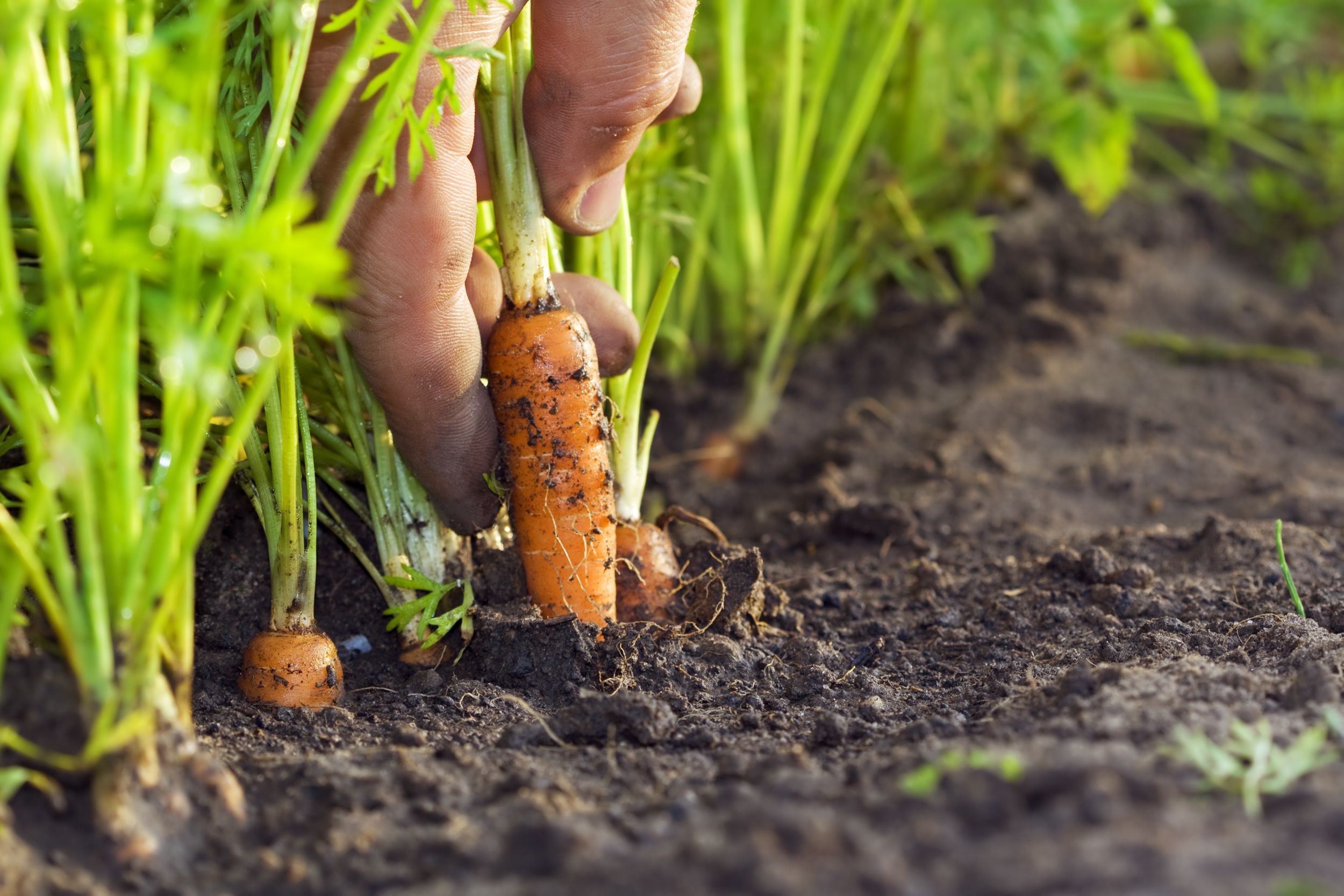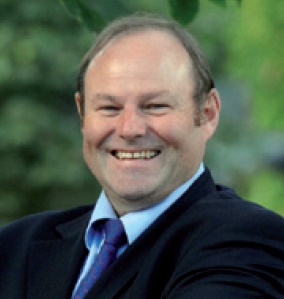Interview with Hans Jöhr, Honorary President of SAI Platform
17th November 2022
This year SAI Platform turns 20! And to help us celebrate this incredible milestone we’re talking to some of the members and partners who have helped us develop and champion sustainable agriculture over these last twenty years.

Overview
“It’s the farmer who is at the centre of this transformation of agricultural practices that we seek.”

Hans Jöhr is the honorary president of SAI Platform. Before his recent retirement, he was Corporate Head of Agriculture at Nestlé.
Hans, you’ve been involved with SAI Platform from the very start. How was it different then from now? And what have been the key factors in its continuity?
If we look back to 20 years ago, there were already public and societal discussions about agricultural production technologies going on around the world. Debates were polarised between organic and conventional production practices and the massive use of synthetic plant health and fertiliser products.
The result of this was that farmer organisations, retailers, traders and brand owners were trying to differentiate themselves with their own individual solutions and in parallel trying to find a middle ground. On the consumer front, the response to meeting demands and preferences was the start of a labelling race: the use of certification schemes and verification procedures, that additionally complicated the life of farmers and raised costs. This myriad of non-verifiable farming practices led to confused consumer communication, igniting the response of the food industry. Industry began to engage in an open discussion to define “sustainable agriculture” and set a common baseline with good agricultural practices (GAP) via a pre-competitive approach to simplify farming practices for producers and suppliers alike. That was the beginning of the Sustainable Agriculture Initiative Platform (SAI Platform).
Created by Danone, Nestlé and Unilever, SAI Platform began a long-term commitment to create pragmatic tools and instruments, based on common principles and practices. By implementing good agricultural practices with their suppliers and farmers, the capacity at farm level built progressively and thousands of individuals were trained to continuously improve in sustainable agriculture practices for livestock and crop production at local, regional and national levels. Early successes motivated more and more companies to join SAI Platform’s activities as impact and outcome became visible and recognised in the supply chain.
Now, with over 170 member companies, SAI Platform has proven to be effective and impactful. Looking to the immediate future, the evolution of the concept and system of regenerative agriculture will build on the work done over the last twenty years. Facing the many challenges, the world food system is exposed to, such momentum is highly motivational, as speedy urgent actions and leadership by the food industry are key. Fortunately, we have strong alignment to implement that transformation today.
Over those 20-years, what has SAI Platform meant to you personally and professionally?
SAI Platform, being created as an open-source knowledge sharing instrument, established a culture and mindset to co-develop and co-create and disseminate shared learning for immediate application at farm level. Many sourcing specialists and colleagues of the first member companies really benefitted from this engagement, resulting in many long-lasting and trusted friendships and the stimulation of personal learning.
This continuous transformation of agricultural production systems for the better, world-wide, as well as simultaneously witnessing the growth of SAI Platform, gives me enormous professional satisfaction.
How have you seen the food and drink industry change over the last 20 years?
From food security to evolving farm production methods, the global food supply chain has been widely impacted by the focus on health, safety, and self-sufficiency. With consumers educating themselves on the greater impact of their food choices and making conscious decisions in their diets, it is clear we are shifting towards a new era of healthy eating, sustainability and a more resilient lifestyle.
Global consumption of fruits, vegetables, nuts and legumes will increase, and consumption of foods such as animal protein and sugar will fall as consumption of plant-based products increases.
Educating ourselves in these challenging areas will not only change our individual lives but will, in effect, change the overall well-being of the food industry. It will also drive change in environmental and farming solutions.
As an industry organisation, where and what are the issues that we should be collectively focusing on as we look ahead to another 20-years?
The values, culture and mutual respect focused on common objectives and impact is essential for any organisation. For SAI Platform, active world-wide, strong intercultural competences, and intuition as well as local decision-making power will become more relevant, as the implementation and development of regenerative agriculture looks set to unlock local and regional knowledge potential and the talent necessary to succeed.
That also triggers new skills and knowhow at SAI Platforms’ “orchestrating team”. Operating in a very virtual manner, team members must have a global mindset as well as maximising the use of technology for the benefit of the team and to support the information flow with different media. Cultivating trust and credibility is the key currency. Excellent professionals live up to these values with expertise, continuous training and exchange.
SAI Platform has a very strong purpose and focus to support farmers in their plight to produce nutritional food of high quality, that is accessible and affordable to everybody, without jeopardising the environment and while respecting social and animal welfare conditions. This is an overall consumer and societal demand.
And finally, we’re celebrating “People Powered Agriculture” to mark the milestone of 20-years of SAI Platform, what does that mean to you?
For me “People Powered Agriculture” clearly acknowledges the value of farmers. It is essential that we pay tribute to them and the job they do. They are responsible for the supply of raw materials for our diet, but they are also the stewards of natural resources. Therefore, the farmer is at the heart of the transformation of agricultural practices that we seek. When we think about company commitments and goals, ultimately it is not the government, or the manufacturers who will make this happen, but the farmer.